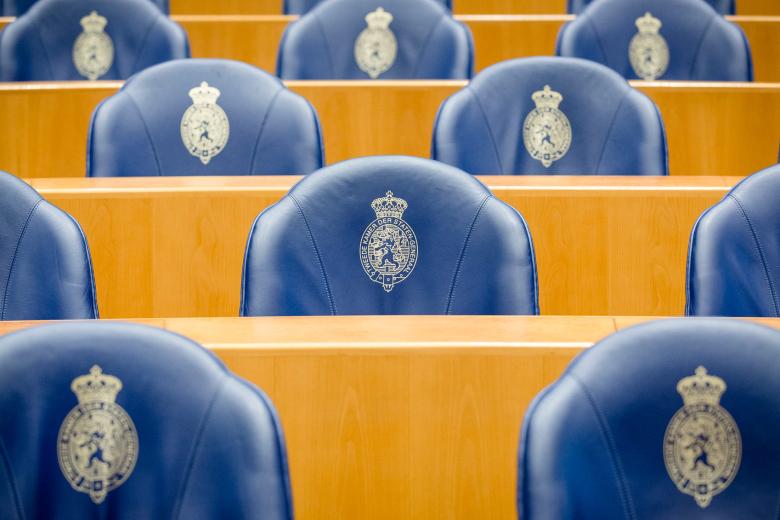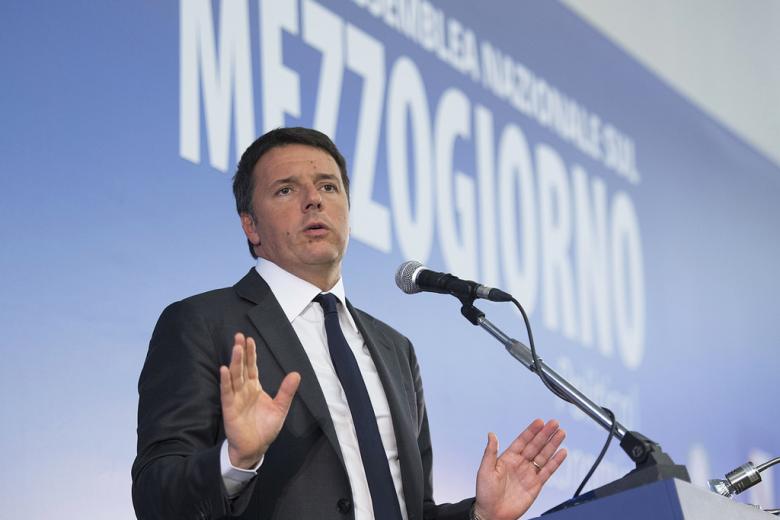
Latest blog articles
-

-
The shared management of EU funds: new perspectives and challenges
Questions surrounding how the EU budget is spent or audited have been, and will always be, of interest to EU citizens. Formally, the responsibility for the implementation of the budget rests with the Commission, but it is well known that the Member States have a crucial role to play, especially in...

-
Vaccine trade wars and composite procedures: gibt es noch richter in Berlin?
On 4 March 2021, Italy decided to block a shipment of the Oxford/AstraZeneca Covid-19 vaccine that was destined for Australia. This remarkable move, notably made in response to AstraZeneca’s delay in providing the agreed doses of vaccines by the set deadlines, is the first of its kind since the...

-
Webinar Report: Researching Discrimination in E-Commerce and Online Advertising
M-EPLI, along with the Maastricht Law & Tech Lab and the Institute of Data Science, hosted the online webinar ‘Researching Discrimination in E-Commerce and Online Advertising’ on the 4th and 5th of March 2021. Throughout the two-day event, speakers from different countries, institutes and...

-
City of ghosts: a close look at resisting repression
Roland Moerland spoke at Docfest about the bystander effect, empathy and agency, self-sacrifice and other remarkable features of the documentary City of Ghosts.

-
Duisenberg's intentions
In March 2017 Pieter Duisenberg signed a declaration of intent with een bevestigende beantwoording van de volgende vraag: “Do you intend to complete the chosen term?”. (Dutch only)

-
Cabinet formation
After Rutte's promise, Asscher did not get where he asked for and so he agreed. (Dutch only)

-
Trials and tribulations
After the United Kingdom had voted to leave the European Union in the national referendum on 23 June 2016, the swift ascent of May to the leadership of a deeply divided nation was not marked by decisive and resolute action, but a sense of uncertainty and strategic obfuscation.

-
Westminster's turn
How the Supreme Court restored Parliament to its rightful place. That’s precisely what happened on Tuesday: The Supreme Court decided, by a 8-3 majority, to mandate that the triggering of Article 50 TEU can only take place after prior approval from both houses of Parliament.

-
She said no: Italy and Europe after the constitutional referendum
In the 4th December referendum, Italy rejected the constitutional reforms promoted by the Renzi’s government. As a consequence of the “No” vote, the Prime Minister decided to resign. While the vote was influenced primarily by internal factors, the result may open a period of uncertainty for both...
